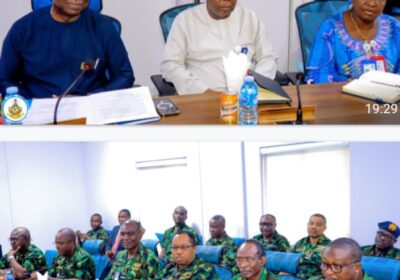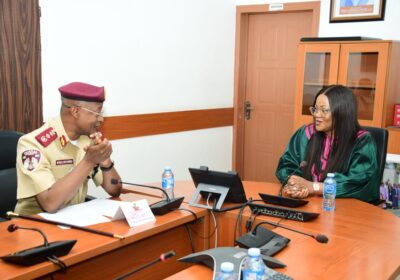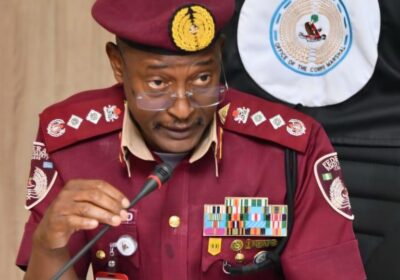Tackling Nigeria’s Gun Violence Crisis: Experts Gather to Forge Solutions on Small Arms and Light Weapons Control”
By Raymond Enoch
Leading voices in human rights, security, and development have come together in Ibadan, OYO state Nigeris to address one of the most pressing issues: the unchecked proliferation of small arms and light weapons (SALW), and the escalating gun violence ravaging the country.
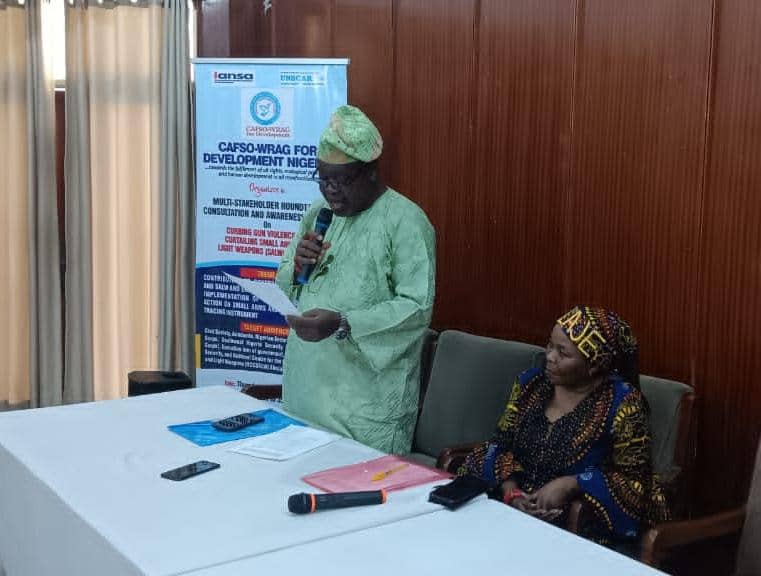
At a roundtable consultation event hosted at the Otunba Subomi Balogun Conference Centre at the University of Ibadan, renowned experts, government representatives, and civil society organizations convened to discuss strategies for curbing the flow of illicit weapons and reducing gun violence in Nigeria. The event, organized by CAFSO-WRAG for Development in collaboration with the International Action Network on Small Arms (IANSA), served as a vital platform to highlight both the devastating impact of SALW on Nigerian communities and the urgent need for comprehensive, coordinated action.
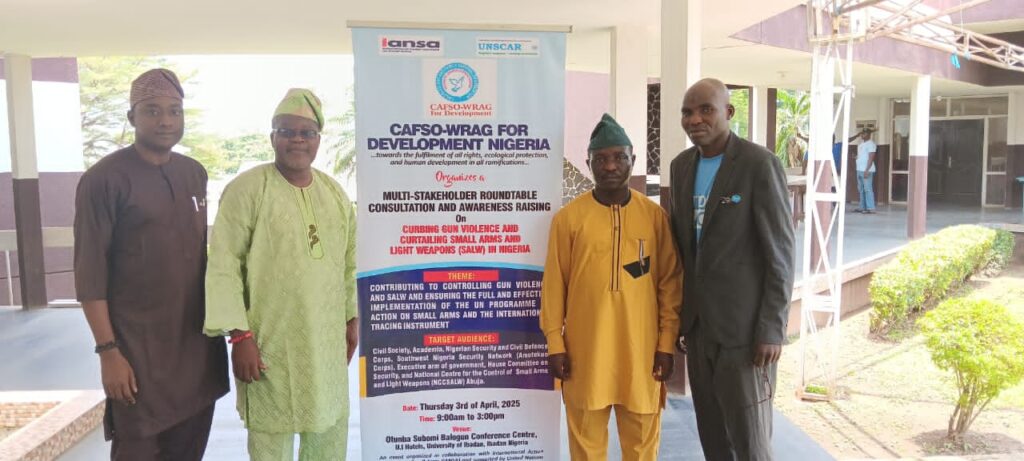
Dr. Tola Winjobi, the Principal Coordinator of CAFSO-WRAG for Development, delivered a compelling address underscoring the critical role of stakeholders in tackling the rising threat posed by small arms. “Gun violence and the proliferation of SALW are global issues, but they are particularly acute in Nigeria,” Dr. Winjobi stated in his address. “From terrorist attacks to sectarian violence, armed robberies, kidnappings, and tragic incidents of police brutality, the consequences of uncontrolled firearms are devastating and far-reaching.”
Dr. Winjobi’s organization, CAFSO-WRAG, which has been actively campaigning for human rights and ecological protection since its establishment in 1994, has long been a key player in Nigeria’s struggle to curb the harmful effects of SALW. The organization’s collaboration with IANSA, a global advocacy network committed to ending the misuse of small arms, marks a pivotal moment in Nigeria’s fight against gun violence.
The roundtable consultation brought together various stakeholders, including the National Centre for the Control of Small Arms and Light Weapons (NCCSALW), the Nigerian Police Force, the Nigerian Security and Civil Defence Corps (NSCDC), as well as local security outfits such as the Southwest Security Network (Amotekun Corps). Participants were tasked with brainstorming practical solutions for the control of illicit arms flows and exploring policies aimed at strengthening the country’s security infrastructure.
One of the key issues discussed was the alarming rate at which guns are smuggled into Nigeria, exacerbating conflict across the country, particularly in northern states like Benue, Plateau, Zamfara, and Borno. The threat posed by SALW extends beyond non-state actors, as state actors, including law enforcement, have also been implicated in using firearms against civilians. Dr. Winjobi referenced the tragic memories of the 2020 #EndSARS protests, during which security forces were accused of using excessive force against unarmed demonstrators. According to reports, between 2020 and 2022, at least 148 civilians lost their lives due to gun violence involving security operatives.
The establishment of NCCSALW in May 2021 was a crucial step in addressing these challenges. The Centre’s role in strengthening collaboration with local and international partners and its efforts to implement robust strategies to combat illicit arms trafficking were highlighted as essential to securing Nigeria’s borders and reducing the flow of illegal firearms.
Dr. Winjobi called on the Nigerian government to bolster border security by increasing the number of officers, improving their training, and equipping them with the necessary tools, including drones and advanced scanning technology, to combat the influx of illicit arms. “Border vigilance is vital,” he stated. “It is illogical to focus on combing the country’s interior while neglecting the porous borders that allow arms to flow into the country.”
Furthermore, the need for better regulation of gun ownership in Nigeria was emphasized. Dr. Winjobi urged the government to introduce stronger laws around gun licensing, including psychological evaluations and psychiatric tests for gun owners. He also suggested that the government track firearm purchases and ensure that individuals who misuse firearms face severe consequences, regardless of their ethnic or political affiliations.
While acknowledging the pervasive influence of economic hardship on crime, Dr. Winjobi noted the urgent need to address the underlying socio-economic factors that drive individuals to resort to violence. “A hungry man is an angry man,” he observed, urging the government to address poverty, unemployment, and insecurity as part of a broader strategy to reduce gun violence.
The roundtable also stressed the importance of community-level interventions. Dr. Winjobi highlighted the need for police-community relations initiatives, neighborhood watches, and local security training to empower residents to actively participate in crime prevention. “Community surveillance and collaboration between citizens and security forces are critical to identifying and preventing the misuse of firearms,” he added.
As the roundtable concluded, Dr. Winjobi called for renewed political will from the federal government to implement and enforce the recommendations of the UN Programme of Action on Small Arms and Light Weapons, particularly in light of the Fourth Review Conference held in June 2024. He outlined seven key advocacy points that could guide Nigeria’s efforts to control arms and reduce violence, ranging from strengthening transfer controls to engaging youth and addressing gender dynamics in arms proliferation.
The consultation underscored a shared commitment to tackling gun violence and arms proliferation as a means of promoting lasting peace and security in Nigeria. As the discussions continue, the hope is that the collaborative efforts of all stakeholders will result in tangible actions that not only curb the flow of small arms but also pave the way for a safer, more peaceful Nigeria.



